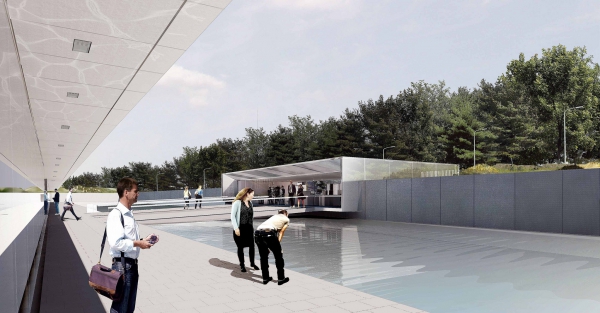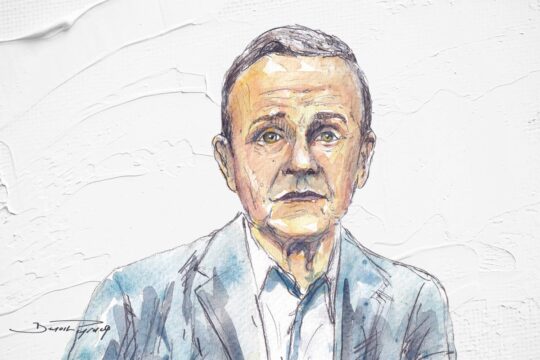How should the International Criminal Court react after first Burundi and now the Philippines decided to withdraw their membership? Numerous African countries have also threatened to do the same.
Since withdrawal from the ICC only becomes effective after a year, ICC procedures with regard to the two countries can continue. Thus neither President Duterte, who is waging a merciless war on suspected drug traffickers, nor President Nkurunziza, accused of widespread and systematic human rights violations, are safe from prosecution.
“Withdrawal does not cancel out ICC judicial procedures,” writes correspondent Stéphanie Maupas in The Hague. “The Philippines will not therefore win easily by withdrawing. Burundi has already lost this race against time, provoking the announcement in extremis in October 2017 of an ICC investigation and so accelerating the conclusion of the Prosecutor’s preliminary examination.”
Leiden University researcher Sergey Vasiliev told JusticeInfo.net he thinks these dramatic announcements could even help the Court by “boosting its image as a principled anti-impunity agent”.
The decisions nevertheless come at a time when the ICC appears weakened. “The Court’s adversaries love to use its failings, whether it be the weakness of its evidence – such as in the Kenya cases --, the number of verdicts handed down (only seven in 20 years of existence), controversial penal strategy choices or bad governance,” writes Stéphanie Maupas.
The remedy, according to analysts, is a better ICC providing better justice. “Its current vulnerability is not overcome by outreach and interventions by friendly NGOs and diplomats, but by the shield of quality justice,” says international law professor Morten Bergsmo.
The fragility of transitional justice is also reflected in Tunisia’s debate about extending the mandate of the Truth and Dignity Commission.
The Commission announced on February 27 that it had decided to extend its own mandate, and parliament, which is mostly hostile to transitional justice, has been trying ever since to make sure this does not happen. Tunisian and international NGOs have mobilized to counter-attack and defend the Commission. They accuse the Tunisian parliament of wanting to “destroy the whole transitional justice process”, having hampered the work of the Commission throughout its four years of existence, restricted its access to State archives and judicial records, notably of the military tribunal concerning the trials of martyrs of the Revolution. Commission President Sihem Bensedrine also stresses the large number of cases that have been filed to the Commission, numbering over 63,000. This is “unprecedented in the world”, she says.
But like the ICC, both the Commission and its president are far from perfect. “What the president does not say is that the Commission is behind schedule also because of its various internal crises,” writes our correspondent Olfa Belhassine in Tunis. “Amongst other things, three commissioners resigned and three were relieved of their posts between July 2014 and November 2016 (the Commission is working with only 9 of the original 15 commissioners). It is working in a climate of suspicion and bad governance.”
Meanwhile in Mali, UN independent expert Suliman Baldo told our partner Studio Tamani in Bamako that the human rights situation is deteriorating. “According to the independent expert, the spread of insecurity from the north to the centre and south threatens implementation of Mali’s good governance and development plans,” writes Studio Tamani, “It also means the authorities should redouble their efforts against impunity.”







